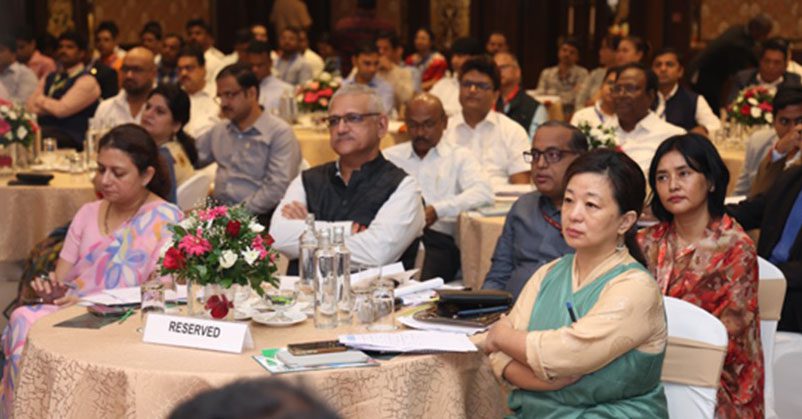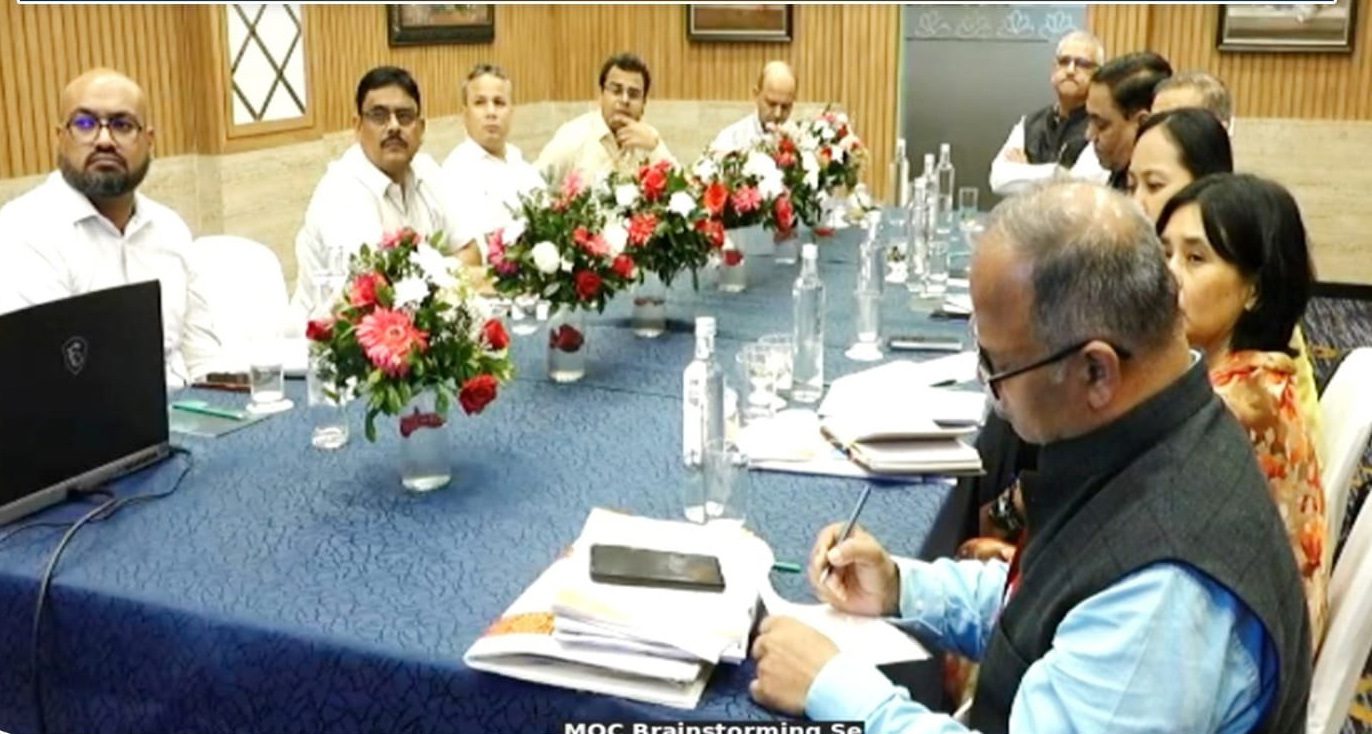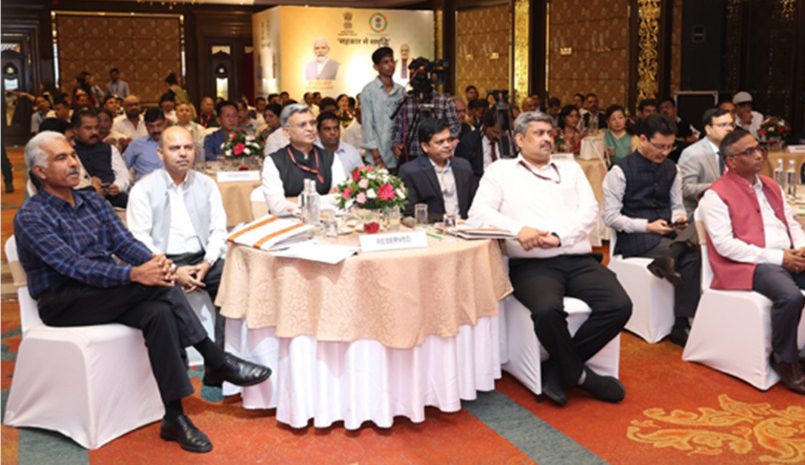A two-day national review meeting aimed at empowering cooperatives and strengthening rural cooperative societies, organized by the Ministry of Cooperation, concluded in Bhubaneswar, Odisha.
The event was inaugurated by Odisha’s Chief Secretary, Manoj Ahuja, with Dr. Ashish Kumar Bhutani, Secretary of the Ministry of Cooperation, serving as a distinguished guest.
The meeting focused on ensuring the smooth implementation of Standard Operating Procedures (SOPs) for three major initiatives recently launched by Union Home Minister and Minister of Cooperation, Amit Shah.
These initiatives include the formation and strengthening of 2 lakh new MPACS (Multipurpose Primary Agricultural Credit Societies), Dairy and Fishery Cooperatives, and SOPs related to the ‘White Revolution 2.0’ and ‘Cooperation among Cooperatives.’ Discussions centered on kickstarting work at the grassroots level and transforming PACS into vibrant economic units, with the potential for national and international exports.

Ahuja, in his address, stressed the importance of creating strong local institutions to meet the basic needs of rural communities, such as quality inputs, storage, processing, credit, and marketing facilities.
Using Amul as an example, Ahuja highlighted how the Ministry of Cooperation’s initiatives, such as model byelaws and computerization, have transformed cooperative societies into “one-stop shops” for farmers’ needs. He underscored the vast potential of cooperatives as people’s organizations.
Dr. Ashish Kumar Bhutani, Secretary of the Ministry of Cooperation, elaborated on the role of cooperative
Additionally, the formation of new cooperative bodies, such as NCEL, NCOL, and BBSSL, will help farmers secure better prices for their produce, including organic products, in both national and international markets, he stated.
Dr. Bhutani also discussed the ministry’s digitization efforts, including the creation of the NCD Database for real-time data collection and monitoring, which will facilitate the nationwide implementation of cooperative initiatives. He emphasized ongoing capacity-building programs with a goal of training 50% of cooperative members within the next five years.
In closing, Dr. Bhutani urged state and UT Cooperative Departments to actively participate in the International Cooperative Alliance event scheduled for November 2024, aimed at further advancing the cooperative movement on a global scale.
